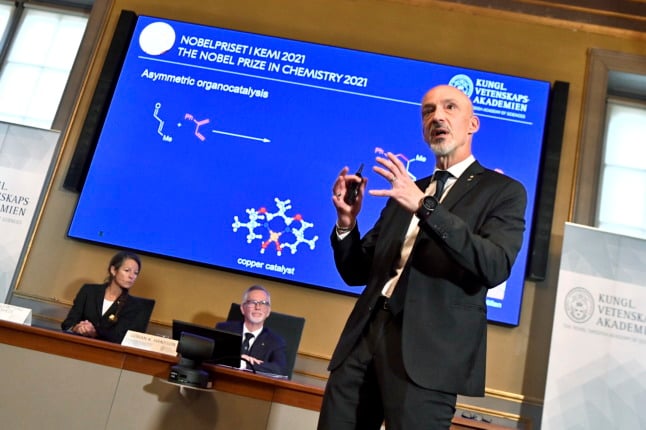The one-year programme, which is due to start next summer, is aimed at students with a Master’s degree who did not plan to become teachers when they first started university, reported Sveriges Television (SVT).
The programme will include a 10-week summer course followed by intensive pedagogic training combined with paid placements at schools. The students will become qualified teachers after one year.
Explaining the motivation for launching the programme, Stockholm University’s vice principal Anders Gustavsson said: “The starting point is simple. There has long been a crisis.”
There are also plans for similar courses at Umeå University in the north and Gothenburg University in the west of Sweden.
News of Stockholm University’s plans followed the launch of a government-backed project called Teach for Sweden, which aims to attract new student groups to the teaching profession.
Teach for Sweden is part of the international organization Teach for All and is aimed at top students with leadership qualities. Participants get to teach primarily mathematics and science subjects in poor-performing schools for a two-year period. During this time they receive a salary as well as training in leadership and pedagogy. By the end of the two years they become qualified teachers.
However, SVT reported on Friday that Teach for Sweden has not managed to establish collaboration with higher-education institutions, with Umeå University and Gothenburg University among those who have declined offers to work with Teach for Sweden.
“We have looked at studies which show that these teachers do not become better than others and they only stay in the profession for a short time,” said Maria Löfgren, principal of the teacher training department at Umeå University.
“We want to educate for the long-term and we want to hold the courses ourselves,” she added.
The corresponding programmes in the US (Teach for America) and the UK (Teach First) are very popular. Teach First came third in The Times of London’s 2013 list of most attractive employers for graduates.
Gustavsson explained that the one-year programme at Stockholm University is primarily an educational solution. Guaranteeing that the participating students stay in the teaching profession in the long-run is a separate challenge, he said.
“In order to ensure that they remain in the profession I am personally convinced that both wages and conditions in schools need to improve,” said Gustavsson.
TT/The Local/nr



 Please whitelist us to continue reading.
Please whitelist us to continue reading.
Member comments